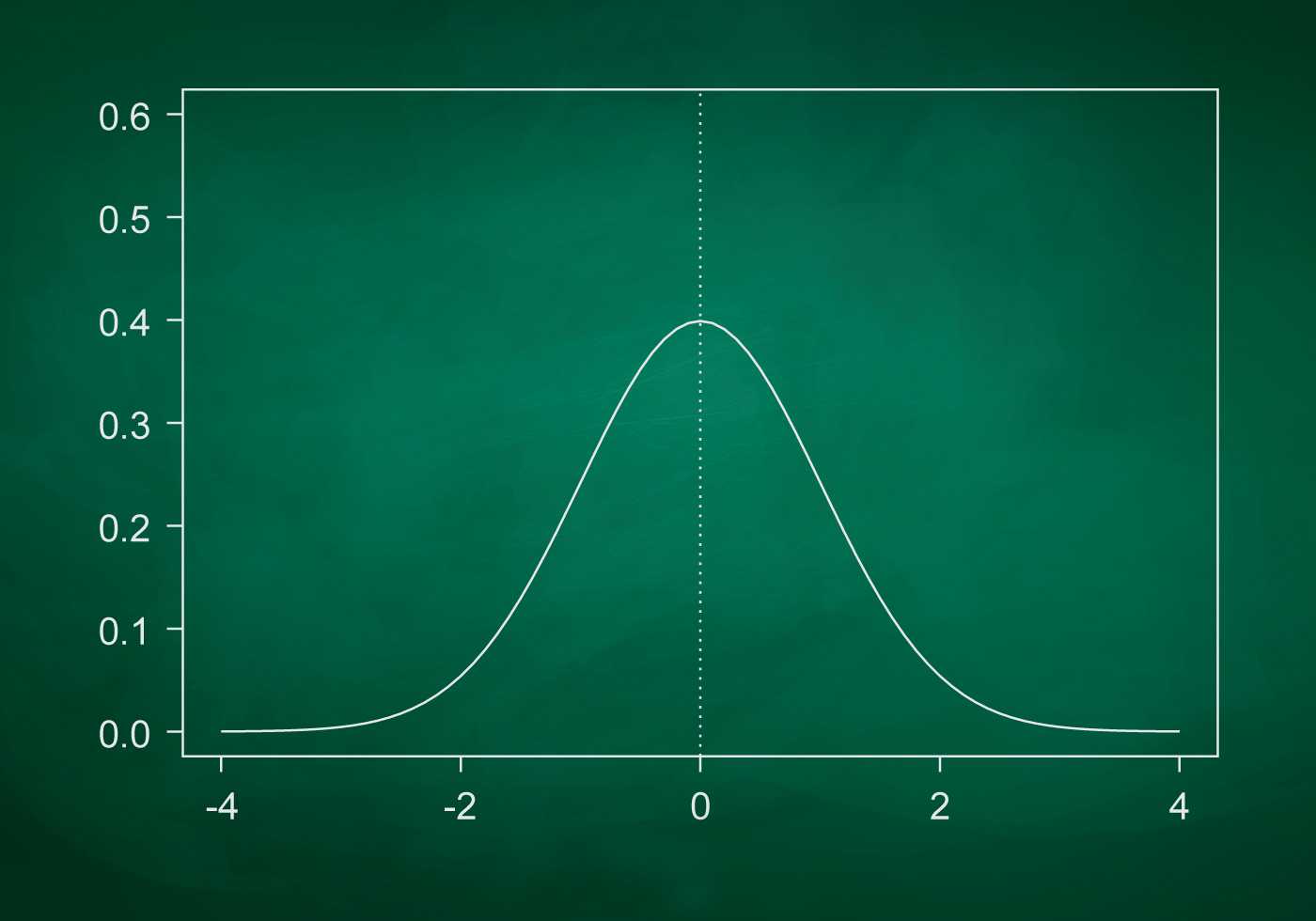Big data is one of the hottest research topics in science and technology communities, and it possesses a great potential in every sector for our society, such as climate, economy, health, social science, and so on. Big data is currently treated as data sets with sizes beyond the ability of commonly used software tools to capture, curate, and manage. We have tasted the power of big data in various applications, such as finance, business, health, and so on. However, big data is still in her infancy stage, which is evidenced by its vague definition, limited application, unsolved security and privacy barriers for pervasive implementation, and so forth. It is certain that we will face many unprecedented problems and challenges along the way of this unfolding revolutionary chapter of human history.
Big data is driven by applications and aims to obtain knowledge or conclusions directly from big data sets. As an application-oriented field, it is inevitably needed to integrate domain knowledge into information systems, which is similar to traditional database systems, which possess a rigorous mathematical foundation, a set of design rules, and implementation mechanisms. We imagine that we may have similar counterparts in big data.
We have witnessed the significant development in big data from various com- munities, such as the mining and learning algorithms from the artificial intelli- gence community, networking facilities from networking community, and software platforms from software engineering community. However, big data applications introduce unprecedented challenges to us, and existing theories and techniques have to be extended and upgraded to serve the forthcoming real big data applications. With a high probability, we need to invent new tools for big data applications. With the increasing volume and complexity of big data, theoretical insights have to be employed to achieve the original goal of big data applications. As the foundation of theoretical exploration, constant refinements or adjustments of big data definitions and measurements are necessary and demanded. Ideally, theoretical calculation and inference will replace the current brute force strategy. We have seen the effort from different communities in this direction, such as big data modeling, big task scheduling, privacy framework, and so on. Once again, these theoretical attempts are still insufficient to most of the incoming big data applications.
v
vi Preface
Motivated by these problems and challenges, we proposed this book aiming to collect the latest research output in big data from various perspectives. We wish our effort will pave a solid starting ground for researchers and engineers who are going to start their exploration in this almost uncharted land of big data. As a result, the book emphasizes in three parts: concepts, theories, and applications. We received many submissions and finally accepted twelve chapters after a strict selection and revision processing. It is regretful that many good submissions have been excluded due to our theme and space limitation. From our limited statistics, we notice that there is a great interest in security and application aspects of big data, which reflects the current reality of the domain: big data applications are valuable and expected, and security and privacy issue has to be appropriately handled before the pervasive practice of big data in our society. On the other hand, the theoretical part of big data is not as high as we expected. We fully believe the theoretical effort in big data is essential and highly demanded in problem solving in the big data age, and it is worthwhile to invest our energy and passion in this direction without any reservation.
Finally, we thank all the authors and reviewers of this book for their great effort and cooperation. Many people helped us in this book project, we appreciate their guidance and support. In particular, we would like to take this opportunity to express our sincere appreciation and cherished memory to late Professor Ivan Stojmenovic, a great mentor and friend. At Springer, we would like to thank Susan Lagerstrom- Fife and Jennifer Malat for their professional support.
 Waymo Data Scientist interview
04/04/2023
Waymo Data Scientist interview
04/04/2023
 What is intelligent electronic device?
03/04/2023
What is intelligent electronic device?
03/04/2023
 What is standard deviation definition
10/11/2022
What is standard deviation definition
10/11/2022
 What is Power BI and how to use it
10/11/2022
What is Power BI and how to use it
10/11/2022